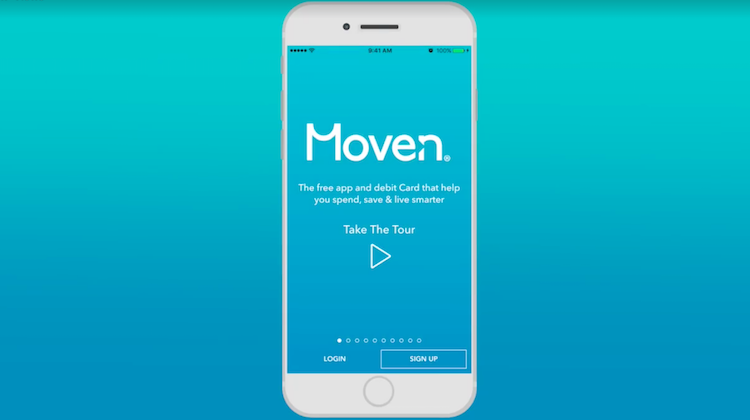The Customer Effect
Budgeting app Moven wants to buy a bank
- Moven has plans to buy a small bank that will allow it to become a serious U.S. challenger bank
- With a new investment from SBI Holdings, Moven is splitting into two entities: MovenBank and Moven Enterprise








